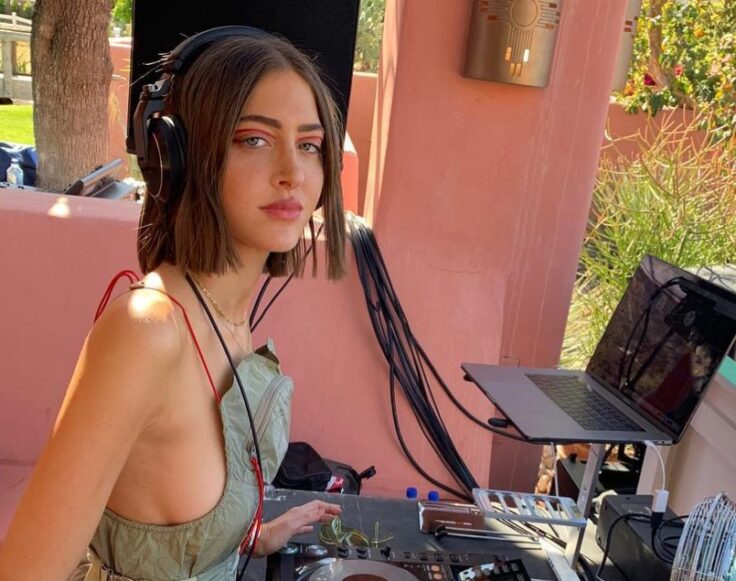Rumours about future of the influencer economy have been flying around for the last year. With the introduction of strict taxation laws, ‘promoted posts’, the removal of likes and the introduction of Instagram’s own ads – almost everyone we know is sick and tired of being sold something all the time, even by their most trusted influencers.
In a study conducted by Mobile Marketer last year, they announced that sponsored post engagement fell from 4 per cent to 2.4 per cent in the first quarter of last year. The overall engagement rate for influencer posts fell from 4.5 per cent to 1.9 per cent.
And now in a more recent study, conducted by YouGov and the BPG Group, 1,000 Emirati and Saudi millennials (all aged between 18-35) were quizzed on their social media behaviours and preferences – most notably when it came to influencers.
YouGov discovered that 85 per cent of people in the UAE and KSA that were questioned followed social media influencers, but a staggering 79 per cent have unfollowed the majority of them. Why? Because of increased promotional content, contrasting values and more surprisingly but understandable: their ethics.
A discerning 73 per cent of consumers said they can immediately tell if an influencer’s page is “paid for” or authentic. While 59 per cent said they were highly unlikely to even trust an influencers’ product reviews or recommendations if they have been paid.
But the good news for those of you without a 1.5 million following on Instagram, most people are tired of “shallow content”. They have a much more significant level of trust in macro-influencers (those of whom have less than 10k following).
“There’s no longer room for shallow content that fails to resonate with consumers or for advertising content that masquerades as authentic content. Brands and influencers have to invest in developing content that resonates and connects with consumers,” said Arif Ladhabhoy, Business Director, BPG Group.
The survey also cemented that video content across the genres of travel, food and lifestyle was preferred, while images of fashion, beauty, interiors and art and culture were still a firm favourite for gaining likes.









